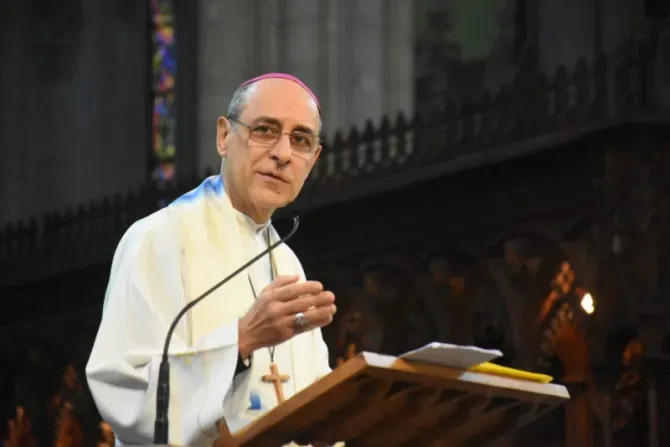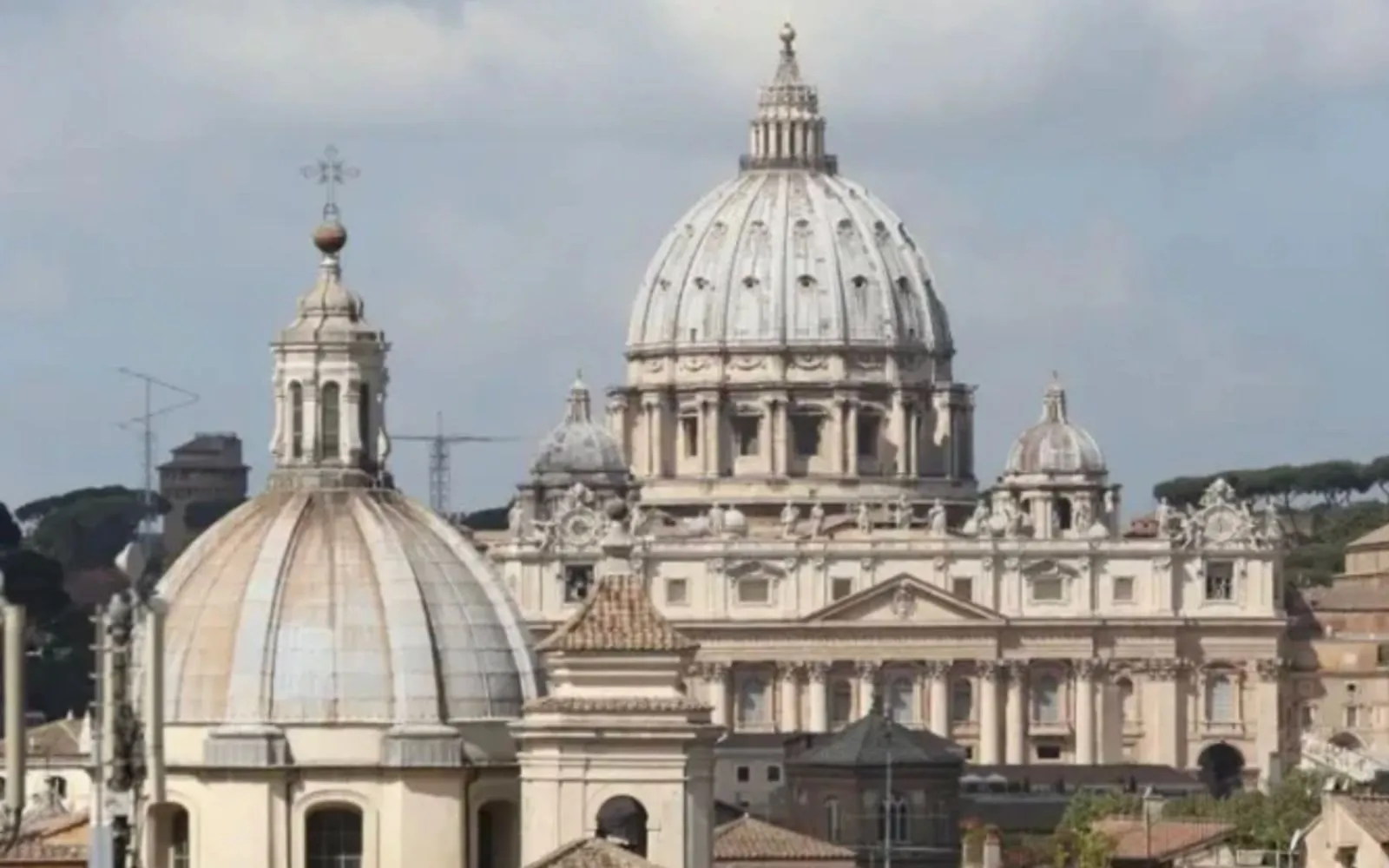Vatican City, 02 October, 2023 / 8:55 pm (ACI Africa).
The Vatican has released Pope Francis’ original responses to a set of dubia on highly-charged doctrinal questions submitted by five cardinals earlier this summer — and criticized the cardinals for going public with the matter just days before the start of the Synod on Synodality.
The pope’s responses, originally issued July 11, responded to requests for doctrinal clarification on the nature of the development of doctrine, the Church’s inability to bless same-sex unions, the authority of the upcoming synod, the impossibility of sacramentally ordaining women, and the necessity of repentance to be sacramentally absolved. They were made available on the Vatican’s website earlier today, only hours after the cardinals publicly announced that the pope had not answered a revised set of questions meant to elicit more clear answers.
“While it doesn’t always seem to me to be prudent to respond to questions directed specifically to me, and it would be impossible to address them all, in this case, it seemed appropriate to do so due to the proximity of the synod,” the pope wrote in response to the cardinals’ July 10 dubia, addressing them as “dear brothers.”
The five cardinals — German Cardinal Walter Brandmüller, American Cardinal Raymond Burke, Chinese Cardinal Zen Ze-Kiun, Mexican Cardinal Juan Sandoval Íñiguez, and Guinean Cardinal Robert Sarah — submitted a revised set of dubia to the pope on Aug. 21 because, as they said in a statement to the National Catholic Register earlier today, his original responses were not in the customary “yes” or “no” format, and “have not resolved the doubts we had raised, but have, if anything deepened them.” The cardinals went public with their dubia earlier today after the pope did not respond to their revised set of questions.
However, a high-ranking Vatican official sharply criticized the five cardinals for not simultaneously releasing the pope’s original responses, which he provided to them “despite his many occupations.”








